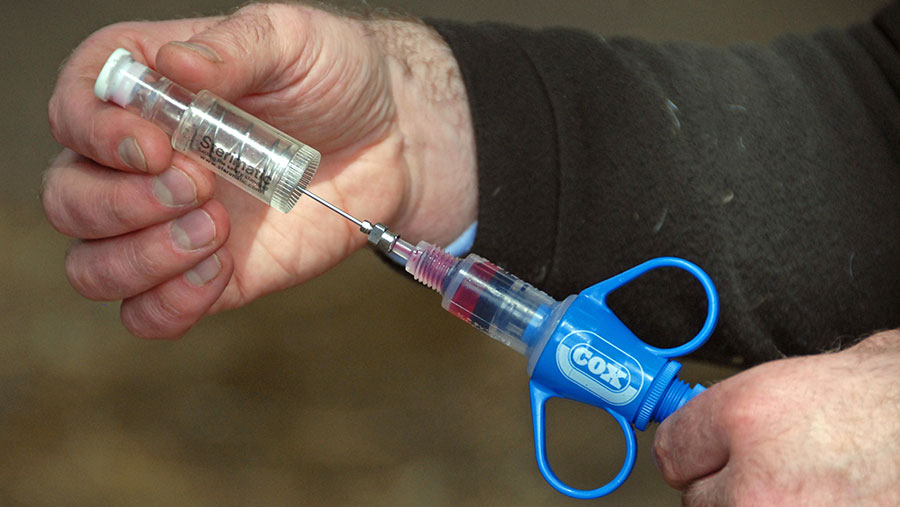Two imported cattle culled after bluetongue virus detected
 © Nick Spurling/FLPA / imageBROKER/Rex/Shutterstock
© Nick Spurling/FLPA / imageBROKER/Rex/Shutterstock Farmers have been urged to remain vigilant for bluetongue virus (BTV) after the disease was detected in two cattle imported from France.
The virus was picked up through Defra’s routine post-import testing regime when the animals were brought to North Yorkshire from an assembly centre in central France, where bluetongue continues to spread.
Movement restrictions have been put in place at the affected premises to reduce the risk of the disease spreading. The two infected cattle were isolated and humanely culled.
Signs of bluetongue
- Early clinical signs – depressed appearance
- Swelling of face and ears – animal appears stiff and reluctant to move due to coronary band swelling at the top of the hooves
- Facial oedema and nasal discharge
- Fever – temperatures up to 40C
- Foot lesions and blisters
Strict rules on the movement of livestock from regions affected by bluetongue are already in place. Animals imported from these regions must be accompanied by the relevant paperwork to clearly show they meet certain conditions designed to reduce disease risk, such as correct vaccination.
See also: A complete guide to leptospirosis in cattle
Deputy chief veterinary officer for the UK Graeme Cooke said: “Farmers must remain vigilant and report any suspicions to the Animal and Plant Health Agency.
“Farmers should work with their importer to make sure effective vaccination needs are complied with, source animals responsibly and consider the health status of their own herd if they are not protected.”
Be vigilant
NFU chief livestock adviser John Royle said the culling of these high-risk cattle demonstrates that the surveillance system is robust and successful.
“This is a timely reminder to be vigilant and we ask that farmers and traders consider carefully the risks associated with importing animals from countries known to have BTV,” he said.
The most recent case of BTV in the UK came in 2007. The UK has been officially free from the disease since July 2011.
However, in October 2017, routine post-import testing detected the virus in a batch of French cattle imported into Scotland and north-west England.
The 32 cattle were heading to Preston, Kendal and two locations in Scotland and were destroyed.
Bluetongue facts
- Bluetongue does not affect people or food safety
- The virus is transmitted by midge bites and affects cows, goats, sheep and other camelids such as llamas
- It can reduce milk yield and cause infertility, and in the most severe cases is fatal for infected animals
- The midges are most active between May and October and not all susceptible animals show immediate signs of contracting the virus
